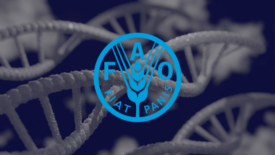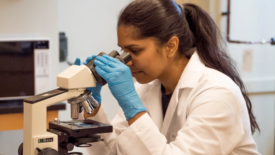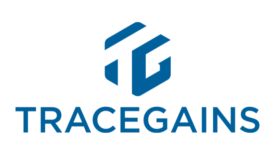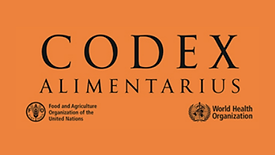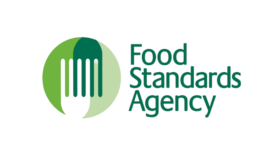International
Food Documents as Food Fraud Facilitators
Food fraud is accomplished in numerous ways, and document fraud may be one of the easiest ways for food fraudsters to operate undetected
February 6, 2023
Never miss the latest news and trends driving the food safety industry
eNewsletter | Website | eMagazine
JOIN TODAY!Copyright ©2024. All Rights Reserved BNP Media.
Design, CMS, Hosting & Web Development :: ePublishing
